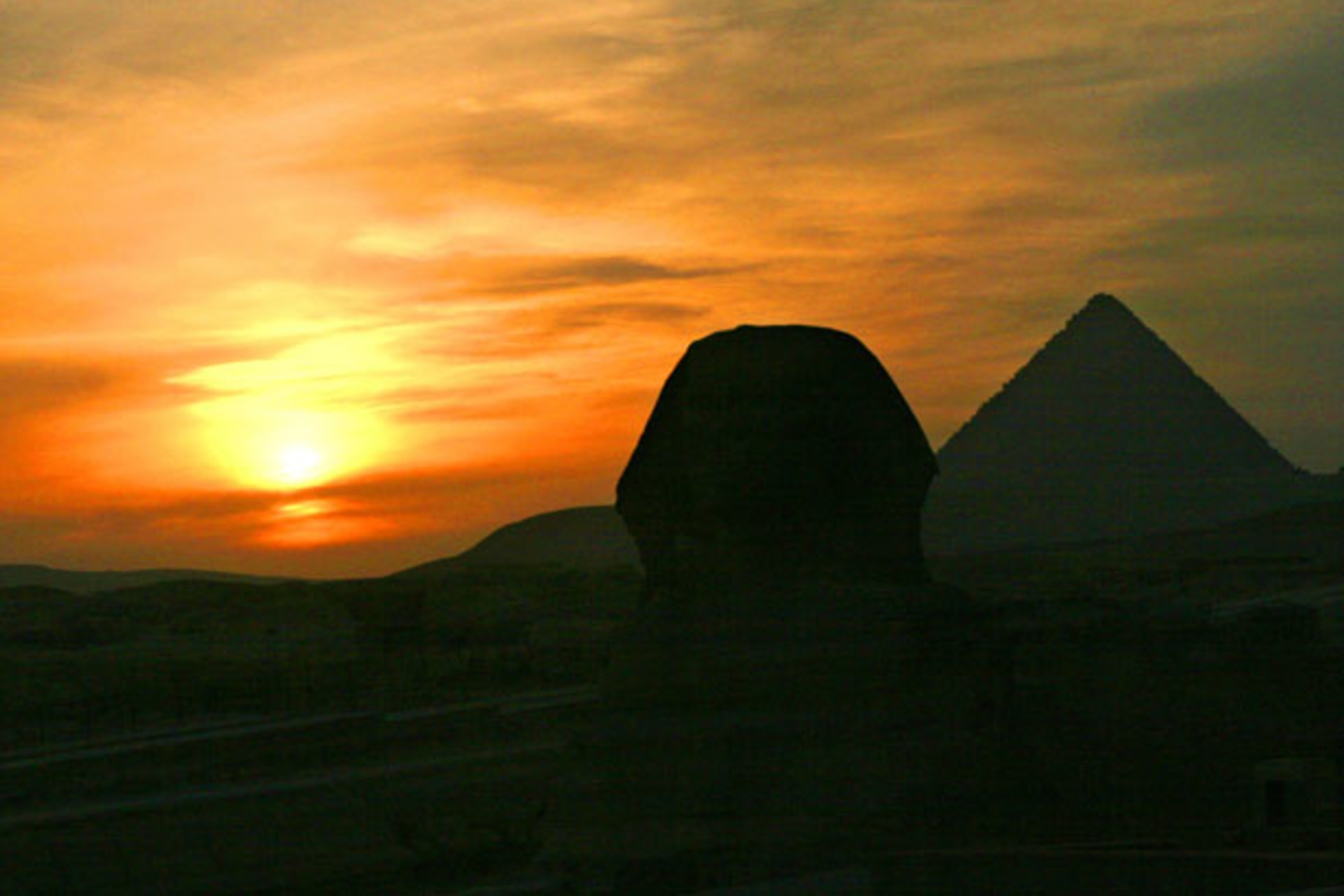Masters of Disaster

By experts and staff
- Published
Experts
![]() By Steven A. CookEni Enrico Mattei Senior Fellow for Middle East and Africa Studies
By Steven A. CookEni Enrico Mattei Senior Fellow for Middle East and Africa Studies
A good idea never seems to go unpunished, especially inside the Beltway. My post last Thursday, “What the United States Can Do for Egypt Right Now” ruffled a few feathers. This seems rather odd because I was calling for the United States to offer Egyptians humanitarian assistance. This being Washington, and the topic being the Middle East, specifically Egypt, there is always something to contest, however.
Some of my critics focused on my call for loan guarantees, which they argue cannot be done “now” for a variety of bureaucratic reasons. This may be so, but it says a lot about Washington that we can quickly and efficiently kill people via unmanned aerial vehicles with the slimmest of oversight, but marshaling resources to back loans to a country that is in need is too much of a bureaucratic lift. Can anyone say, “broken government”? That may be harsh, but too often in Washington the almighty process gets in the way of good ideas.
At the very least one can argue that the folks who make the case that loan guarantees will not happen soon recognize the need for some kind of assistance to Egypt, which is decidedly not the case when it comes to the other group of my critics.
In late January, I wrote a piece about David Goldman (aka “Spengler”), a contributor to The Tablet and Pajamas Media, and Shoshana Bryen of the Jewish Policy Center, both of whom have been at the forefront of a small group of mostly right-wing commentators who “want Egypt to fail.” Their primary complaint is that the Obama administration let Hosni Mubarak fall, and as a result, post-uprising Egypt is an economic basket case that is hostile to Israel. Egypt’s economic picture is bleak and the Brothers are anti-Zionists and anti-Semites. Still, I’m amazed that people believe President Obama could have, through some unbeknownst to anyone political-diplomatic-military lever, defused the January 25 uprising from 5,818 miles away. Goldman and Bryen continue to be marginal in the foreign policy debate, but a more sophisticated group of analysts, former foreign policy practitioners, and influential foreign affairs pundits look at my pragmatic ideas for helping Egyptians and see a lifeline for the Muslim Brotherhood, which runs counter to their preferred policy option—making sure President Mohammed Morsi fails. Here is their argument:
President Morsi and his fellow Brothers are not democrats, they have done damage to Egypt, they do not like the United States or Israel, and the Brotherhood had its chance to rule Egypt and screwed it up. Let Morsi and his associates suffer the consequences. Offering Egypt assistance now will only help the Brothers. Food insecurity, public health crises, and fuel shortages all contribute to the end of Brotherhood rule. There may be chaos, but the military will step in before the country completely collapses. The officers will organize new elections and someone new will come to power.
Easy peasy. Cakewalk….
Where to begin? Let’s start with a brief stipulation: Readers of this blog and my other work know that I have no brief for the Muslim Brotherhood.
Now down to business. In order to have a good foreign policy, you need good assumptions about the world. The Masters of Disaster who believe U.S. policy should be geared toward bringing an end to Morsi and the Muslim Brothers assume that:
1) The military has learned how to manage a transition and will put their lessons to good use when, in fact, the military has determined that it wants nothing to do with politics because it clearly has no idea how to organize a transition and govern the country on a day-to-day basis. The Officers also know that not too long after they step in, the very people who wanted them to intervene, including the folks in Washington who want Morsi to fail, will be demanding that the military leave.
2) The Muslim Brotherhood is not going to give it all up without a fight. The Brothers have a history of folding in order to preserve their organization and fight another day. They have played the long game quite well, but now not only are the Brothers in power, but also believe that they have a mandate, there is little reason to believe that Morsi and his associates will determine that discretion is the better part of valor. No doubt, the Brotherhood has suffered as a result of their many missteps, but they still have considerable networks and mobilized supporters who would likely be willing to fight on the organization’s behalf.
3) A more acceptable leader or group of leaders will emerge after Morsi’s fall and a military intervention. If the last two and a half years should teach observers anything, it is that there are no heroes in Egypt. Narrow interests triumphed not too long after inspiring demonstrations of national unity during the uprising. Who can capture the imagination of Egyptians that fit the liberal-secular-democratic-pro-West-not-overtly-hostile-to-Israel bill of the “Morsi must fail” group? Mohammed ElBaradei comes closest to this archetype, but he has consistently failed to develop a mass following. As an aside, a few of those folks who want Morsi to fail despise ElBaradei for his time as Secretary-General at the IAEA. What about Amr Moussa? Both he an Abdel Moneim Aboul Fotouh underperformed during the spring 2012 elections, there is little reason to believe they would fare better now, and they are not liberals or pro-West or friendly to Israel. Moussa wanted to expel Israel’s ambassador from Egypt after a mob attacked the Israeli embassy in Cairo in September 2011. Aboul Fotouh was able to draw some liberal and revolutionary support, but he is hardle acceptable to the people who want Morsi to fail. There is always Hamdeen Sabahy, the Nasserist, who remains hostile to virtually everything that everyone who would like to see the Brothers crash and burn, stands for. There is always the possibility that some new, charismatic leader will emerge to carry Egypt forward, but that is hope, which last time I checked was not a firm foundation for foreign policy.
The bottom line is if the United States wants to support democracy in Egypt, it should support democracy. That does not involve trying to bring down Morsi—either by omission or commission. That is a job for Egyptians, preferably at the ballot box. In the meantime, Egyptians are suffering. It boggles my mind that the idea of helping them is actually controversial.
